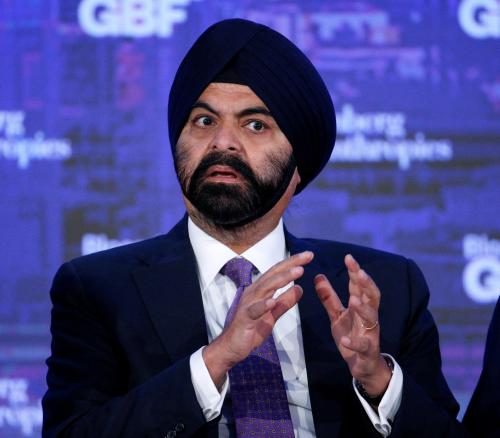This paper was originally published in October 2007 under the
title “The Political Economy of IMF Surveillance”.
Abstract
IMF surveillance is typically thought to have effect because it provides useful information to member countries, because it engages countries in cooperative behaviour, or because it piggy-backs the bargaining power the IMF enjoys in some countries. This article explores IMF surveillance by bringing to bear theoretical explanations as to why and how these effects might work. The simplest explanation is a rationalist-realist one that the IMF has impact in countries over whom it has bargaining power: this is borne out by the evidence regarding IMF surveillance in aid-dependent countries. However, this is not the only condition under which surveillance might work. Rationalist-institutionalists point to the role information plays in shaping competition and cooperation among states, and this effect is borne out to a limited degree by the impact of IMF-supported international standards and surveillance activities on the other economies. Finally, constructivists would describe the possible impact of surveillance in terms of learning or socialization, focusing on the social organization and impact of the IMF’s activities. The evidence, however, suggests that neither bilateral nor multilateral surveillance is structured or organized in a way that promotes learning or socialization. The implications are that for IMF surveillance to be more effective across all its members would require restructuring the way the organization engages with its members, as well as a greater delegation of authority by countries to the organization.



